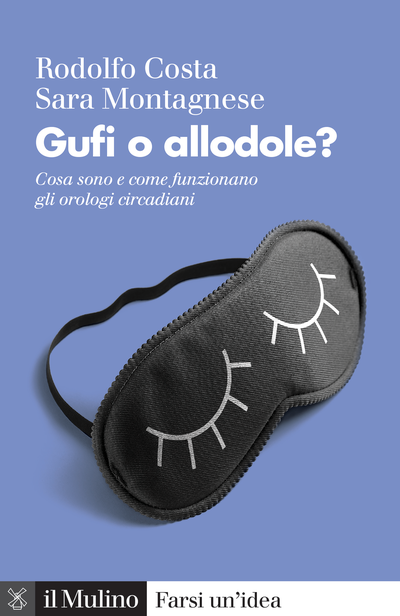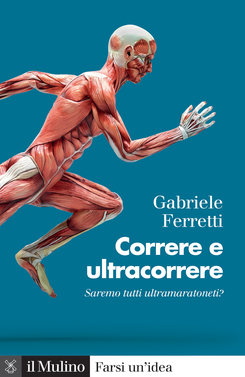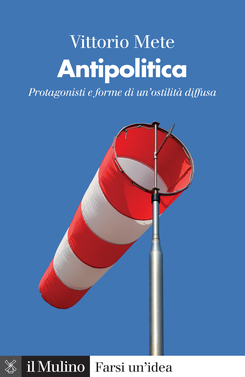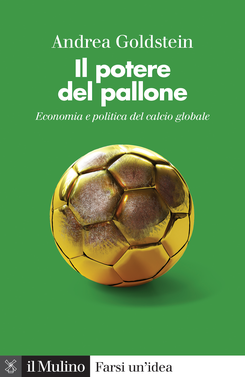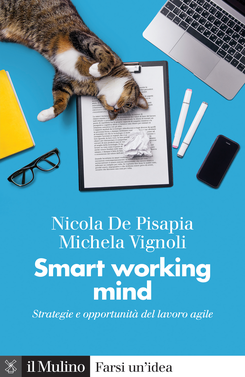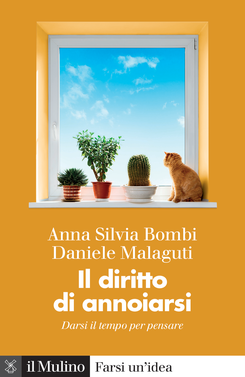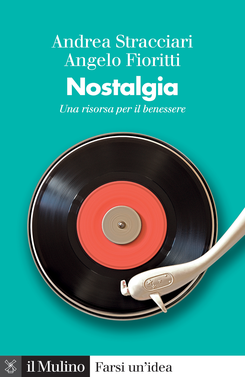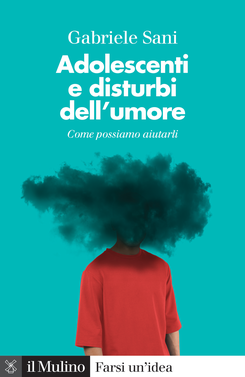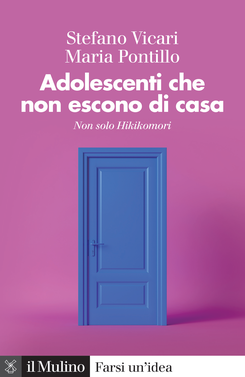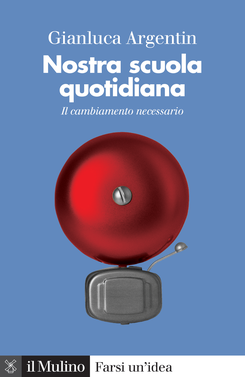Owls or Larks?
Circadian Clocks and How They Work
The circadian clock, which regulates our sleep-wake rhythms and other aspects of our physiology, is synchronised, especially via sunlight, with the natural environment surrounding us. However, our living habits, conditioned as they are by social demands, often clash with the rhythms set by the circadian clock. This may encourage the onset of diseases, even serious ones. A few simple precautions can help prevent dysfunction and lead healthier and more pleasant lives.
Rodolfo Costa, a geneticist, teaches Neurobiology at the University of Padova. He deals with genetic and molecular analyses of circadian clocks in several model organisms. He is also specialty chief editor of the chronobiology section of the “Frontiers in Physiology” journal.
Sara Montagnese, a physician, teaches Internal Medicine at the University of Padova. She deals with sleep-wake rhythm disorders associated with chronic illnesses, especially those involving the liver. She is also an associate editor of the chronobiology section of the “Frontiers in Physiology” journal.
Indice
Introduzione - Capitolo I: Gli orologi circadiani - Capitolo II: I fusi orari - Capitolo III: Il jet-lag - Capitolo IV: I cronotipi, la società delle 24 ore e il jetlag sociale - Capitolo V: Il lavoro a turni - Capitolo VI: Perché dovremmo abolire l'ora legale - Capitolo VII: Ritmicità circadiana, desincronizzazione e malattia - Per saperne di più
